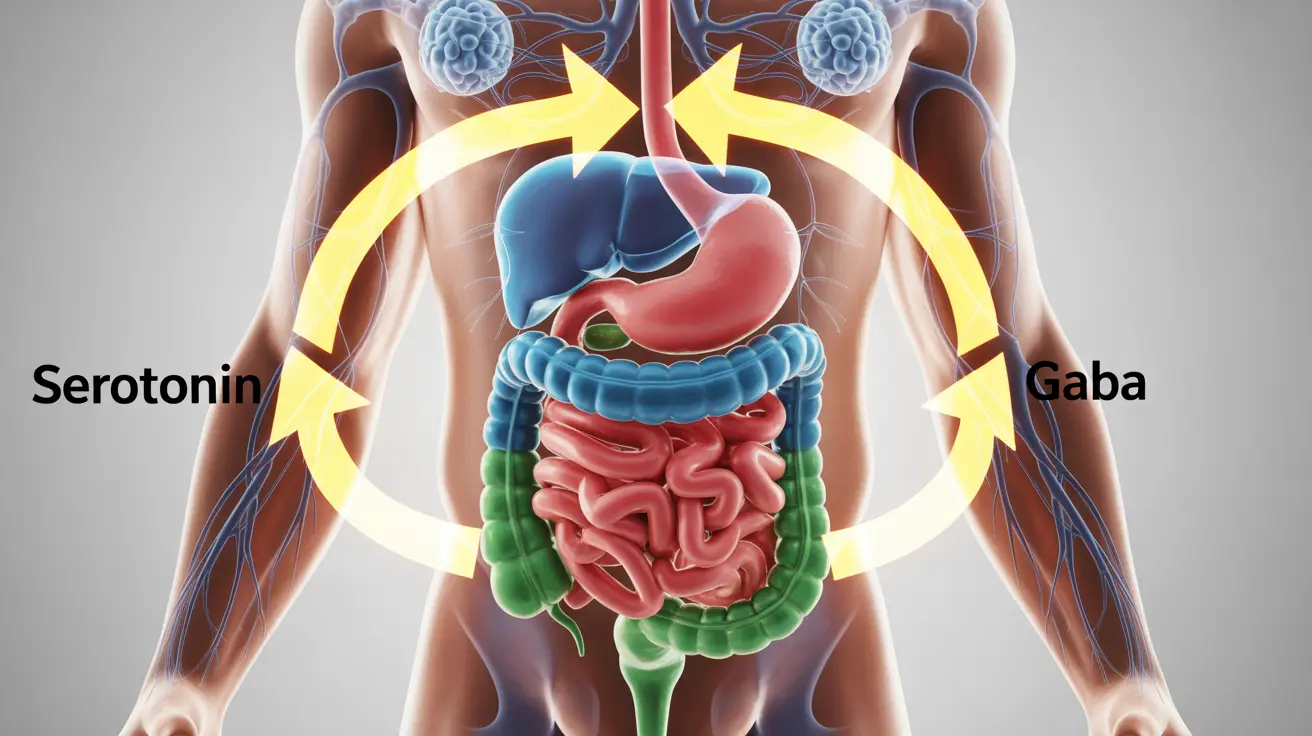The connection between gut health and mental well-being has become increasingly clear through scientific research. Probiotics, the beneficial bacteria that support digestive health, may also play a crucial role in managing symptoms of depression and anxiety through the gut-brain axis. This guide explores the most effective probiotic options for mental health support.
Understanding the Gut-Brain Connection
The gut-brain axis is a complex communication network linking your digestive system with your central nervous system. Research suggests that beneficial bacteria in your gut can influence neurotransmitter production, including serotonin and GABA, which are crucial for mood regulation and emotional well-being.
Most Effective Probiotic Strains for Mental Health
Several specific probiotic strains have shown promising results in supporting mental health:
- Lactobacillus helveticus R0052
- Bifidobacterium longum R0175
- Lactobacillus rhamnosus GG
- Lactobacillus acidophilus
- Bifidobacterium bifidum
These strains have been studied specifically for their potential to reduce anxiety and depression symptoms through various mechanisms, including inflammation reduction and neurotransmitter regulation.
Choosing Quality Probiotic Supplements
When selecting a probiotic supplement for mental health support, consider these key factors:
- Colony Forming Units (CFUs): Look for products containing 1-10 billion CFUs
- Multiple strain formulations
- Temperature-stable products
- Reputable manufacturers with third-party testing
- Clear expiration dates
Natural Probiotic Food Sources
Incorporating probiotic-rich foods into your diet can complement supplement use:
- Yogurt with live cultures
- Kefir
- Fermented vegetables (kimchi, sauerkraut)
- Kombucha
- Miso
- Tempeh
Guidelines for Probiotic Use
For optimal results when using probiotics for mental health support:
- Take supplements consistently at the same time each day
- Store products according to manufacturer instructions
- Start with a lower dose and gradually increase
- Maintain use for at least 8-12 weeks to evaluate effectiveness
- Consider taking supplements on an empty stomach
Frequently Asked Questions
What probiotic strains are most effective for reducing symptoms of depression and anxiety? The most effective strains include Lactobacillus helveticus R0052, Bifidobacterium longum R0175, and Lactobacillus rhamnosus GG. These specific strains have shown the most promising results in clinical studies focused on mental health outcomes.
How long does it typically take for probiotics to improve mood and reduce anxiety? Most people begin to notice improvements in mood and anxiety levels after 4-8 weeks of consistent probiotic use. However, individual results can vary, and some may experience benefits sooner or later than this timeframe.
Can taking probiotics replace antidepressants or anxiety medications for mental health treatment? No, probiotics should not be used as a replacement for prescribed mental health medications. While probiotics may offer supplementary support, any changes to prescribed medication should be discussed with a healthcare provider.
What is the recommended dosage and duration for probiotic supplements to support mental well-being? Most studies suggest a daily intake of 1-10 billion CFUs for mental health benefits. The recommended duration is at least 8-12 weeks to evaluate effectiveness, though many people continue long-term use for ongoing support.
Which natural foods contain probiotics that may help improve depression and anxiety symptoms? Natural probiotic-rich foods that may support mental health include yogurt with live cultures, kefir, fermented vegetables like kimchi and sauerkraut, kombucha, miso, and tempeh. These foods contain various beneficial bacterial strains that support gut and mental health.




